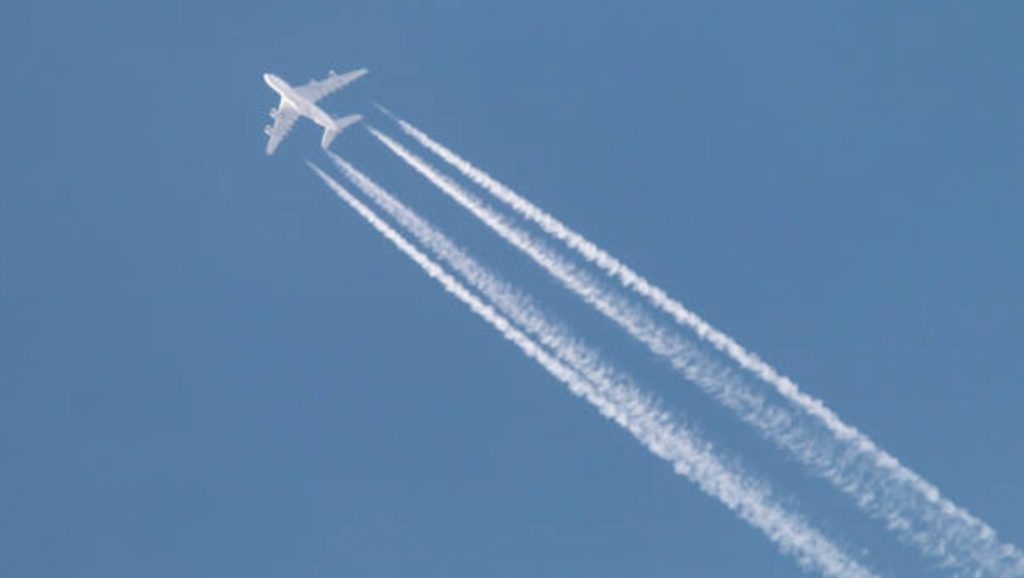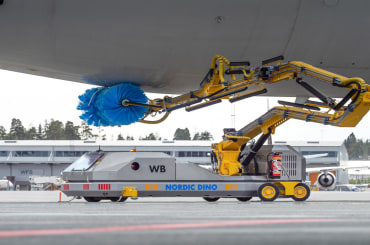
The European Commission’s Green Deal on Wednesday proposed two core policies that impact on the aviation industry – higher offsets of emissions and reduced trading carbon allowances.
On 14 July, the EU adopted legislative proposals to be implemented in European Climate Law, achieving targets of at least 55 per cent reduced reduction in greenhouse gas emissions by 2030.
In the proposal, the EU requires airlines to monitor emissions on all international routes, and offset emissions from routes by purchasing sustainable aviation fuels (SAF), or other renewable energies.
This will be part of maintaining the Carbon Offsetting and Reduction Scheme for International Aviation (CORSIA) to offset around 80 per cent of all emissions above 2020 levels by 2035, according to the EU.
The cleaner fuels will also receive preferential treatment under the Green Deal’s new energy taxation framework –the Energy Taxation Directive (ETD) – such as receiving a zero minimum tax rate for a period over 10 years.
This will likely increase kerosene fuel prices up to at least €10.75/GJ EU-wide after 10 years of the taxation directive’s implementation.
Willie Walsh, director-general of the International Air Transportation Association (IATA), is pushing policymakers to support incentives for SAF instead of resorting to taxation.
“We don’t need persuading or punitive measures like taxes to motivate change,” he said. “In fact, taxes siphon money from the industry that could support emissions’ reducing investments in fleet renewal and clean technologies.”
The second core change is trading in the aviation industry, as the Green Deal proposes “faster roll-out of low emission transport modes,” according to its objectives.
In 2012, under the EU Emissions Trading Systems (EU ETS), all airlines operating in Europe were required to report on emission contribution and would receive tradable allowances.
Now, it intends to tighten its EU ETS in conjunction with the CORSIA by reducing the share of free carbon allowances 25 per cent by 2024.
This will cover all intra-European Economic Area (EEA) flights and departing flights from the EEA airports to Switzerland and the UK – also including flights yet to be covered by the EU ETS.
IATA said it is “extremely concerned by the commission’s proposal that European states would no longer implement CORSIA on all international flights.”
The aviation industry currently contributes 2 per cent of all human induced CO2, and aviation alone is responsible for 12 per cent of CO2 from all transport sources.
Before the pandemic, the International Civil Aviation Organization (ICAO) expected that by 2050, emissions would triple compared with 2015. If global aviation were a country, it would allegedly rank in the top 10 contributors of CO2.
Last year, the EU’s second stage of putting together the proposal included a public consultation to receive feedback about the initiative.
The public consultation received 563 responses – mostly from business associations and citizens – and the majority welcomed the roadmap.
According to the EU, the Green Deal is its “lifeline” out of the pandemic, investing €1.8 trillion euro from the NextGenerationEU recovery plan, and the EU’s seven-year budget, which will finance it.
Following the pitch, the European Parliament, the Council, the Economic and Social Committee, and the Committee of the Regions will consider the proposals under normal legislative procedures.












